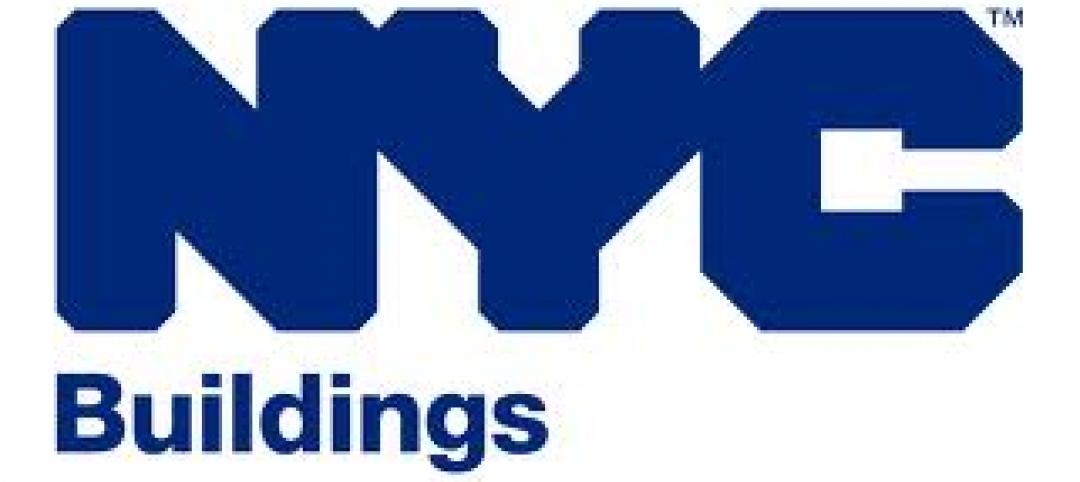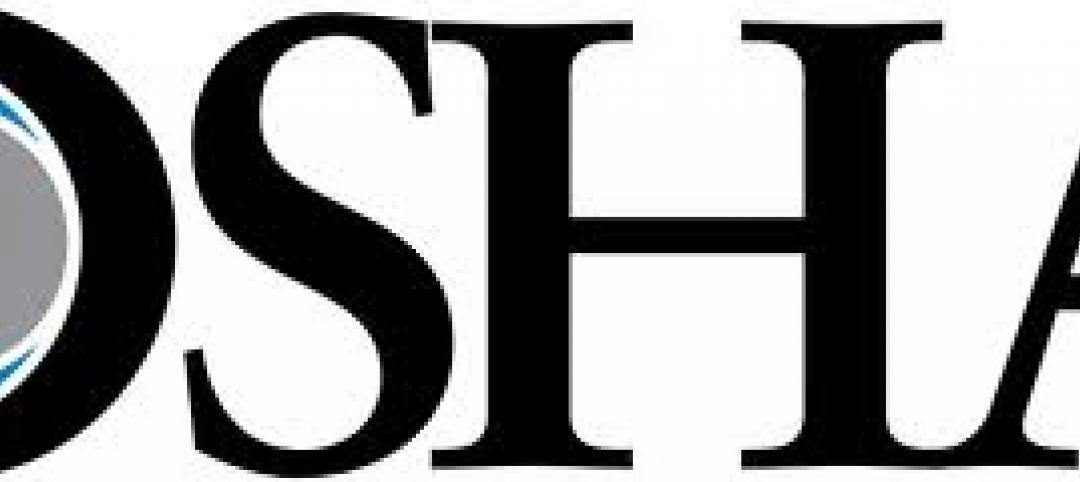Illinois’s Climate and Equitable Jobs Act, recently signed into law by the governor, includes provisions for a statewide efficiency stretch code and measures to accelerate building electrification.
The law also aims for a 100% zero-emissions power sector in the state by 2045 and extends energy efficiency programs including additional investments to help low-income households make their homes more efficient. In the transportation sector, the law provides rebates for electric vehicles and electric vehicle charging infrastructure.
In order to reset incentives for utilities, the law replaces formula rates that allow utilities to spend money and profits with little oversight with a system that prompts them to achieve equity and clean energy goals. The law establishes Illinois as a national leader on climate, equity, and support for communities and workers as they transition away from fossil fuels, according to an article posted by the Natural Resources Defense Council.
The law also seeks to expand economic opportunities for disadvantaged communities and people of color in the clean energy sector. It includes a provision to incubate and grow small clean energy businesses in disadvantaged communities.
Related Stories
| Apr 13, 2012
New York City’s building department investigating structural collapse that killed worker
Following a worker’s death, the collapse of a century-old, two-story warehouse under demolition as part of Columbia University’s expansion is under investigation by the city’s Building Department.
| Apr 13, 2012
Federal court reduces statute of limitations for OSHA action on record-keeping violations
The U.S. Court of Appeals for the D.C. Circuit sharply curtailed the period of time that companies can be cited for Occupational Safety and Health reporting violations, reversing the decision of an administrative panel and longstanding agency precedent.
| Apr 13, 2012
CSI webinar: Green Construction Codes Are Here -- Now What?
This seminar will trace the origins of green codes, how they compare and differ from the rating systems that have been used, and examine some of their main features.
| Apr 5, 2012
Retailers, banks among most affected by new ADA rules
On March 15, the most significant changes to the Americans with Disabilities Act (ADA) since it became law in 1991 went into effect.
| Apr 5, 2012
Florida ranks first in hurricane building codes and enforcement
Florida ranks highest among 18 hurricane-region states for building codes and their enforcement, according to the Insurance Institute for Business & Home Safety.
| Apr 5, 2012
New IgCC green building code is a ‘game changer,’ AIA official says
An AIA official calls the new International Green Construction Code (IgCC) a “game changer” for sustainable construction.
| Apr 5, 2012
Model energy codes add thousands to cost of new apartment construction, study says
New energy codes could add thousands of dollars to the construction costs of each individual apartment residence in a multifamily building, according to new research commissioned by the National Multi-Housing Council and the National Apartment Association.
| Apr 5, 2012
LEED 2012 will include new requirements for data centers
The U.S. Green Building Council’s updated LEED 2012 standards will require two systems to be modeled for each project in order to show power utilization effectiveness.















